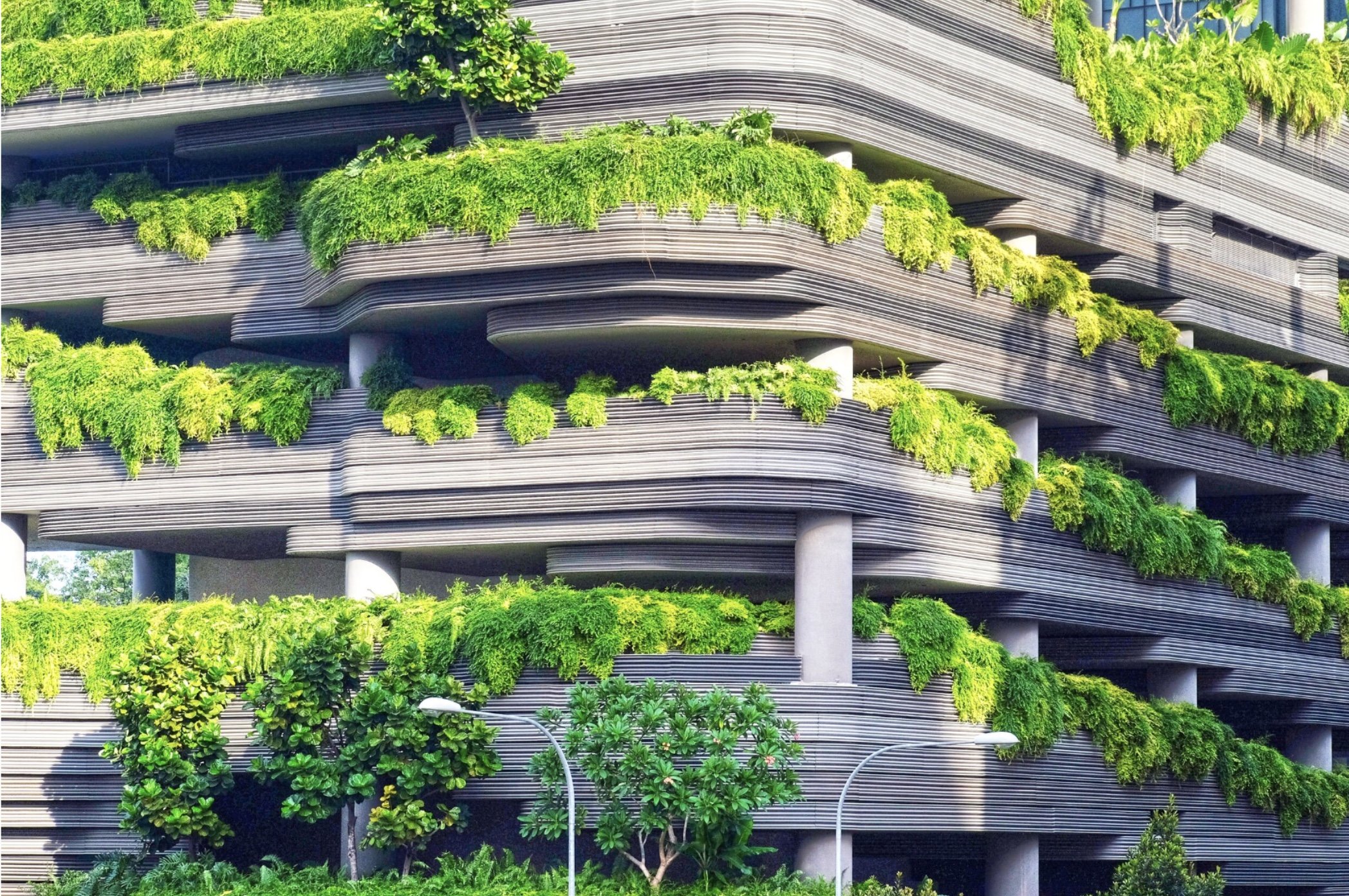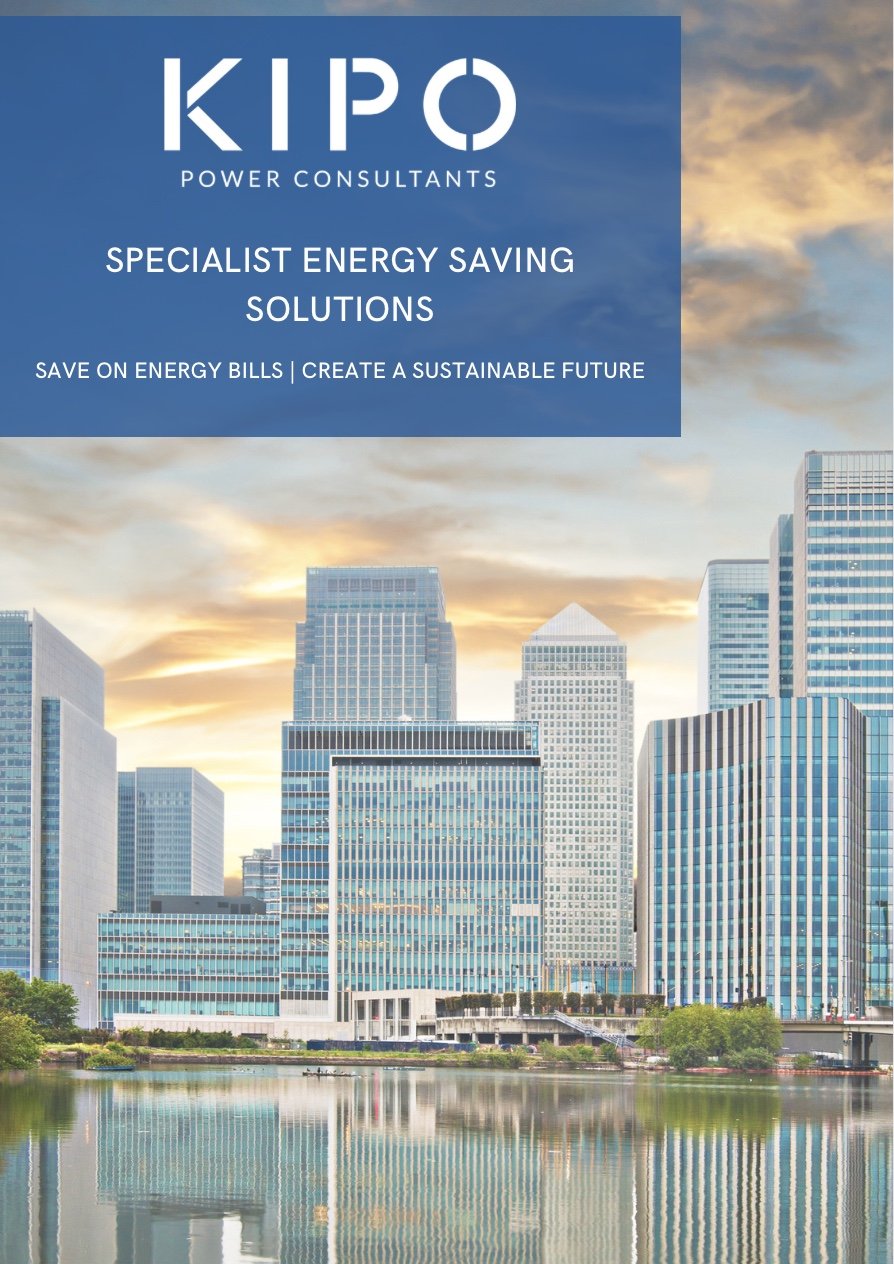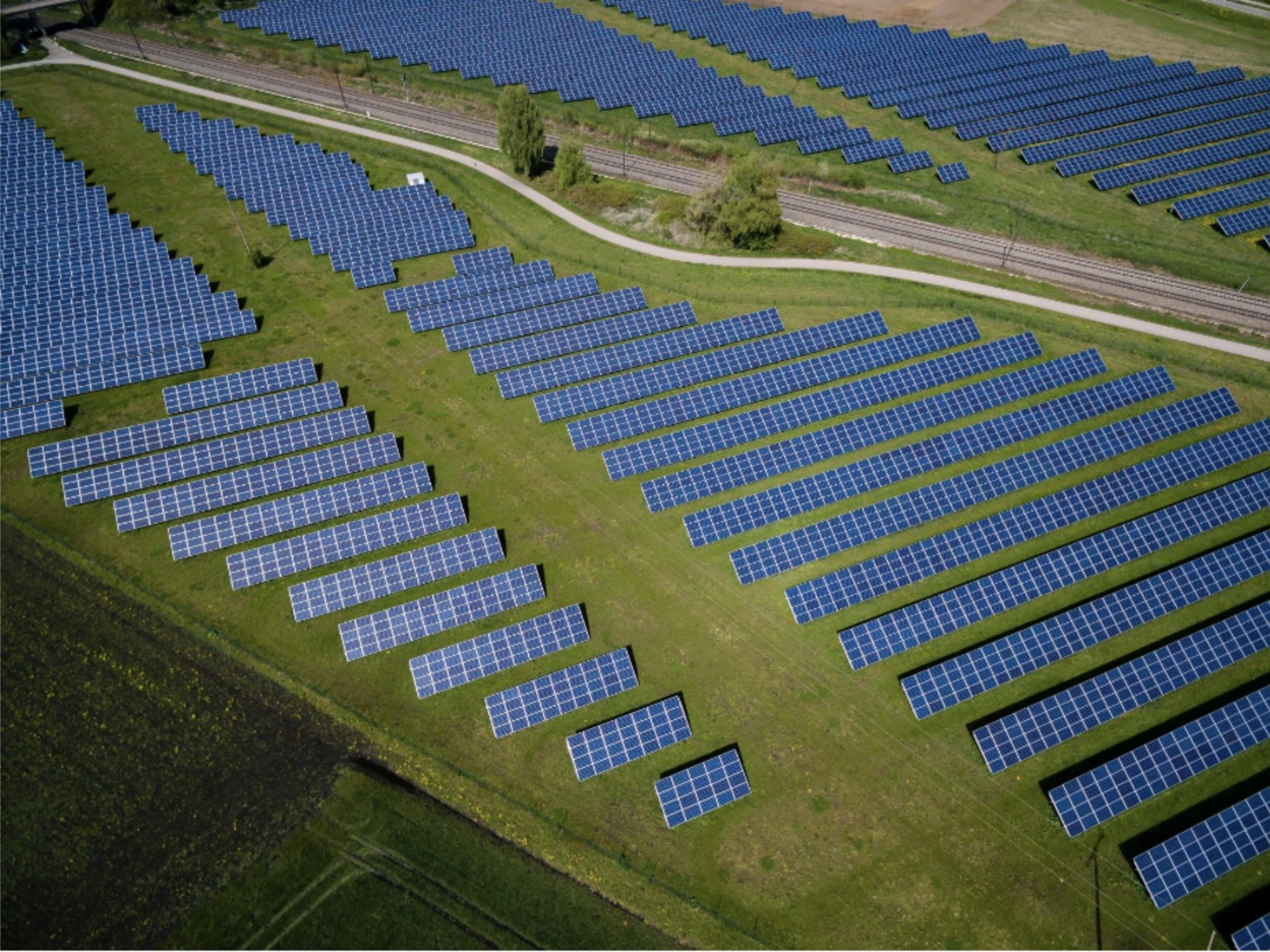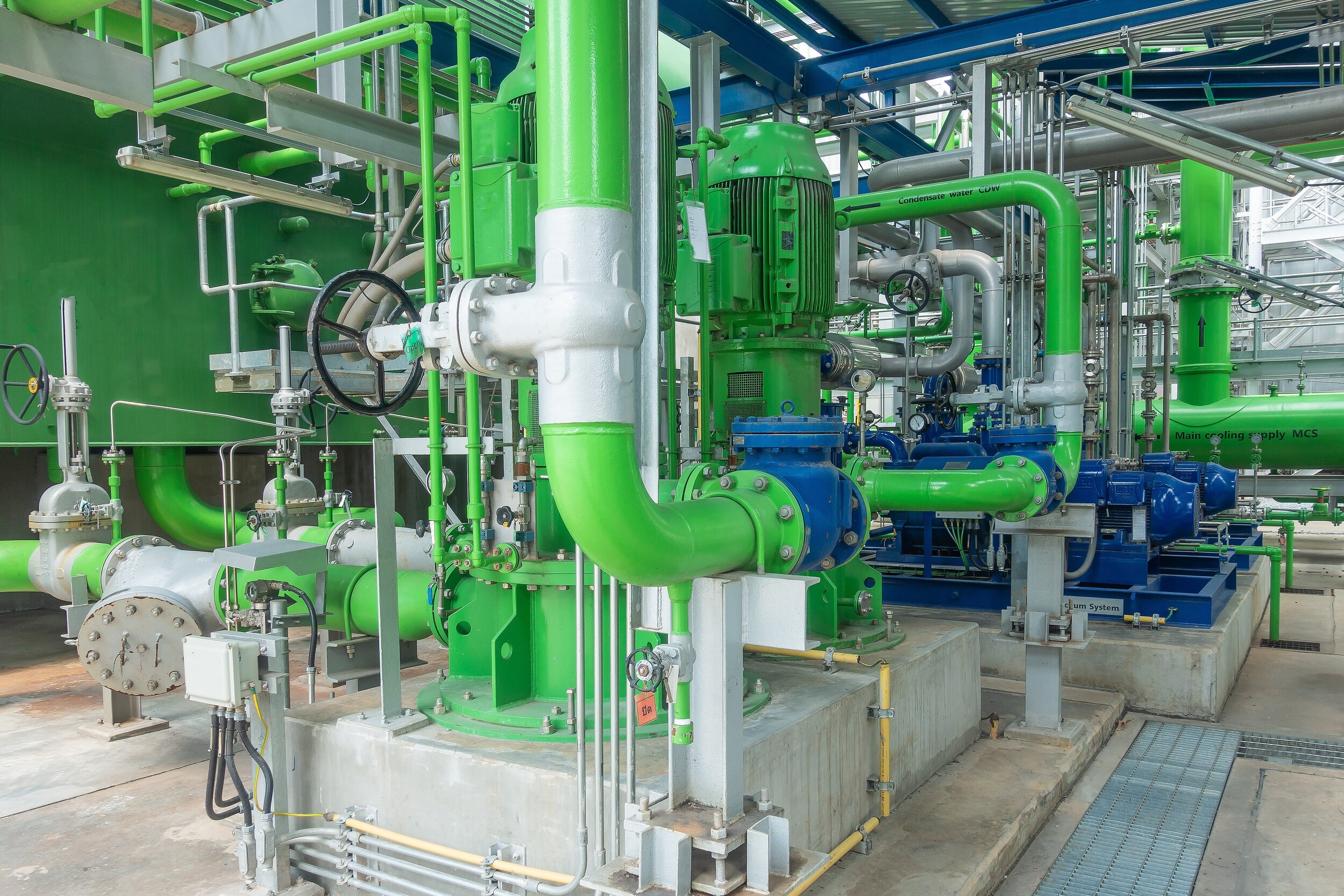
Sustainable Solutions
Green Engineering Starts Here
In recent years there has been a global shift towards more environmentally sustainable ways of working. With growing concerns over climate change and the finite nature of these resources, there is an increasing pressure on businesses and organisations to dramatically reduce their environmental impact by reducing energy requirements, adopting sustainable solutions and decarbonising production.
At KIPO, our sustainable design engineers help our clients to become more energy efficient, ensuring that their systems and services have a positive impact on their environment and the people that use them. Working closely with you, we will help identify the most cost effective opportunities to meet your targets.
As well as this, we will undertake a detailed review of the energy strategy for the building to form a sustainable approach to the design of the building.
From the design brief, our Building Services Engineers can then implement the design proposals.
Energy Audits and Benchmarking
KIPO provide energy audits to help our clients to understand how and where they use energy. This is the first step in identifying, qualifying and prioritising tangible opportunities to reduce energy use, costs and carbon emissions for your project.
An effective audit takes everything into account, inspecting both the building’s interior, exterior, its fixtures and equipment, to determine how these systems interact with one another. Following this, we can then identify the most suitable energy and cost-saving opportunities, including the payback periods and carbon savings. This helps us to create a prioritised plan of action and basis for investment.
Our sustainability aims include:
Make efficient use of natural resources by conserving energy and water, minimising waste and recycling
Identify and incorporate long-lasting efficient materials into the design of building systems and services
Analyse mechanical and electrical systems to ensure that they haven’t been over designed for the application
Provide energy modelling services to determine the most efficient systems to build. These services can also be used to verify compliance with LEED energy and to ensure that energy benchmarks are met
What we offer >
Our expertise lies within the design implementation of the recommendations suggested by the lead Low Energy Consultants, as per the requirements specific to the project. We are also able to review and carry out changes to engineering solutions, without the consultation of a Low Energy Consultant.
Which proposals would work for the unique needs of the client’s business e.g. an older building should be treated differently to a new building. Some customers also have unique power, heating and energy demands to consider
BREEAM
LEED
SKA
Low carbon energy solutions
Energy assessments and audits
Advice on energy saving measures that would work very well, considered carefully in terms of feasibility
Solar PV
Photovoltaic schemes use sunlight to produce electricity through inverters. The solar array system is connected in parallel normally at the roof level. Solar PV systems can reduce your electricity bills and drastically cut your carbon footprint.
Ground Source Heat Pumps
Ground source heat pumps use pipes that are buried in the garden to extract heat from the ground. This heat can then be used to heat radiators, underfloor or warm air heating systems and hot water.
Wind Power
Wind energy is one of the fastest-growing renewable power sources. Mechanical power is produced through the transformation of the wind’s kinetic force. Wind turbines can drastically cut your electricity bills and carbon footprint and they can store electricity for a calm day.
Renewable Solutions
Combined Heating and Power Systems
CHP is an energy-efficient technology that generates electricity and captures the heat that would otherwise be wasted to provide useful thermal energy - such as steam or hot water - that can be used for space heating, cooling, hot water and industrial processes.
Solar Water Heating
Solar water heating systems, or ‘solar thermal’ systems, use free heat from the sun to warm domestic hot water. A conventional boiler or immersion heater can be used to make the water hotter or to provide hot water when solar energy is unavailable.
LED Lighting Solutions
Energy-efficient lighting helps lower electricity bills and carbon dioxide emissions, all without reducing the quality of light in buildings. Businesses of all sizes in any industry can benefit from energy-efficient lighting. These benefits are especially advantageous for businesses where lighting is used 24 hours a day.
Air Source Heat Pumps
Air source heat pumps are usually placed outdoors at the side or back of a property. They take heat from the air and boost it to a higher temperature using a heat pump. The pump needs electricity to run, but it will use less electrical energy than the heat it produces.
Rainwater Recycling
Rainwater recycling involves collecting rainwater from a building’s roof or any other surface, significantly reducing water bills. The rainwater then passes through a filter, which eliminates debris and is stored in a holding tank placed either underground or on the side of a building.
Biomass Heating
Biomass is a renewable energy source, generated from burning wood, plants and other organic matter, rather than gas or oil. Using wood in place of fossil fuels helps to prevent long-term climate change and helps you strive towards becoming carbon neutral.
Low Energy Solutions for Data Centres
We provide low-energy solutions for data centres including Strategic Energy Planning, Building Energy Models, and Renewable Energy Studies.
Examples of services that we provide:
Power Generator Technologies including Hydrogen Fuel Cells, Lithium Ion Battery, CHP and Diesel standby generators.
Summary of Specialist Services >
Implementation of renewable technologies such as wind turbines, photo voltaic solar energy systems, solar thermal hot water and solar collectors, biomass heating and fuel storage systems, Combined heat and power systems, Ground and Air source heating and cooling and emerging technologies such as fuel cells
Energy auditing aimed at analysing a building’s performance and finding cost-effective solutions
History of measured performance improvement helping to reduce co2 production and reduce operation costs
Technology cost reports, payback analysis and feasibility studies

























